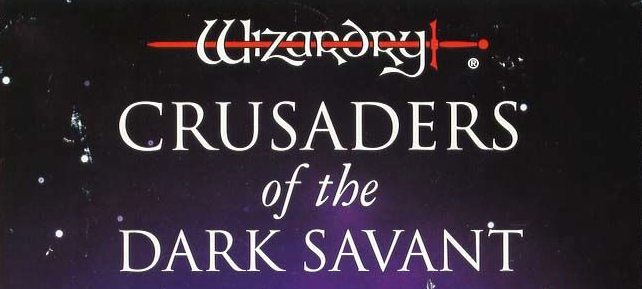
The Internet Archive has been updated with more than 2,500 DOS games, marking the most significant addition of games to the archive since 2015.
New additions include forgotten classics like Wizardry: Crusaders of the Dark Savant, Princess Maker 2, and Microsoft Adventure, a rebranding of Colossal Caves Adventure. They also include a whole lot of weird, early experiments and dead ends that should be fascinating to explore for historians, technologists, game designers, and players alike.The blog post announcing the additions includes some disclaimers: not all games will run as speedily as one might like, not all games have manuals available (though some do), and frankly, not all games from these bygone areas are enjoyable by modern standards.
But given that many of the games from this era were distributed via floppy disks in plastic bags, preservation seems both an admirable and necessary undertaking. There's as much value in the fact that these games are hosted somewhere safe as there is in the fact that they're playable. As technology marches forward, it's important to remember not to discard the old permanently just because the new is more expedient.Many of these games were added to the Internet Archive as a result of the eXoDOS game preservation and restoration project. Internet Archive curator Jason Scott had this to say about that project:
What makes the collection more than just a pile of old, now-playable games, is how it has to take head-on the problems of software preservation and history. Having an old executable and a scanned copy of the manual represents only the first few steps. DOS has remained consistent in some ways over the last (nearly) 40 years, but a lot has changed under the hood, and programs were sometimes only written to work on very specific hardware and a very specific setup. They were released, sold some amount of copies, and then disappeared off the shelves, if not everyone’s memories.
It is all these extra steps, under the hood, of acquisition and configuration, that represents the hardest work by the eXoDOS project, and I recognize that long-time and Herculean effort. As a result, the eXoDOS project has over 7,000 titles they've made work dependably and consistently.
As game subscription and streaming services take hold, though, it's worth asking how we're going to preserve today's games for future generations.
For more information about the project, as well as some insights into the challenges of adapting CD-ROM games for use in a browser, among other things, head to the Internet Archive and read Scott's blog post—then play some long-forgotten games.
reader comments
120